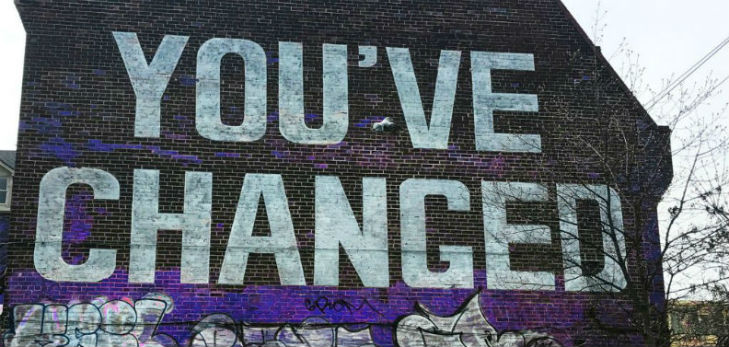Disruption complements usualisation
Watch recordings of my #iatefl2021 talk, which is basically part 2 from my #iatefl2019 talk on LGBTQ+.
These posts concern LGBTQIA2 issues and discussions within ELT
Watch recordings of my #iatefl2021 talk, which is basically part 2 from my #iatefl2019 talk on LGBTQ+.
I’m very excited to have been asked to give a plenary talk at the upcoming World Teachers’ Day Web Conference on Saturday, October 5, hosted by IATEFL and British Council!
Well, it will. Or maybe not. In this post, I talk introduce a Usualisation approach to inclusive materials design.
Not only since I’ve been doing talks about LGBTQIA2S community within ELT, but a lot since then, I’ve been asked about the possibility of there… Read More »A QSIG?
Hi. Over the last few years, a certain change has been occurring in my belief system, not so much a complete overhaul, but more of an awakening of my ownership of attitudes and actions regarding social issues, and resulting urge to further explore how they impact my pedagogical choices.
 As an ELTer, I’ve never subscribed to the idea that the ELT classroom should be devoid of engagement in social issues nor that we as teachers are meant to act solely as language-checking gurus following a sanitised beige syllabus.Read More »Somewhere in the middle [cross-post]
As an ELTer, I’ve never subscribed to the idea that the ELT classroom should be devoid of engagement in social issues nor that we as teachers are meant to act solely as language-checking gurus following a sanitised beige syllabus.Read More »Somewhere in the middle [cross-post]

It’s been a little while without a post… I’m sorry to myself most of all because writing for 4CinELT merges two important practices for me: academic writing for a wider audience and reflective writing. I need both of these to keep going for my own growth and mental health, frankly. I’m slowly working on a post about my teacher talking time, another about the impact of connecting with learners over the course of a 24-week program, and finally a third regarding professional decisions that can significantly change identity.
Having said this, worthy things have diverted my attention and I’d like to share them because they contribute to these two practices in their own ways. Perhaps one will resonate.
Earlier this month I gave a talk entitled The ongoing struggle for LGBTQ inclusivity in ELT at a local conference. I talked about the absence of LGBTQ community in ELT course materials, portrayal when included, reasons and attitudes that contribute to both, and examples of some widely-available resources. The goal was to raise awareness of these areas, and consider how materials design can in some cases unintentionally exclude LGBTQ+ members of the classroom. The premise to the talk included the assumption that those attending were:
One participant at this talk asked me something along these lines: Isn’t discussing gay marriage (or I suppose any of these things) a valid debate to have with students from countries where everything LGBTQ is illegal? Shouldn’t we allow them to discuss their ideas in the safe environment of the language learning classroom?
*2022 update: I hadn’t looked at this post in quite a while. I have updated a few terms throughout this post to reflect my own… Read More »Considerations of the LGBTQ in ELT materials